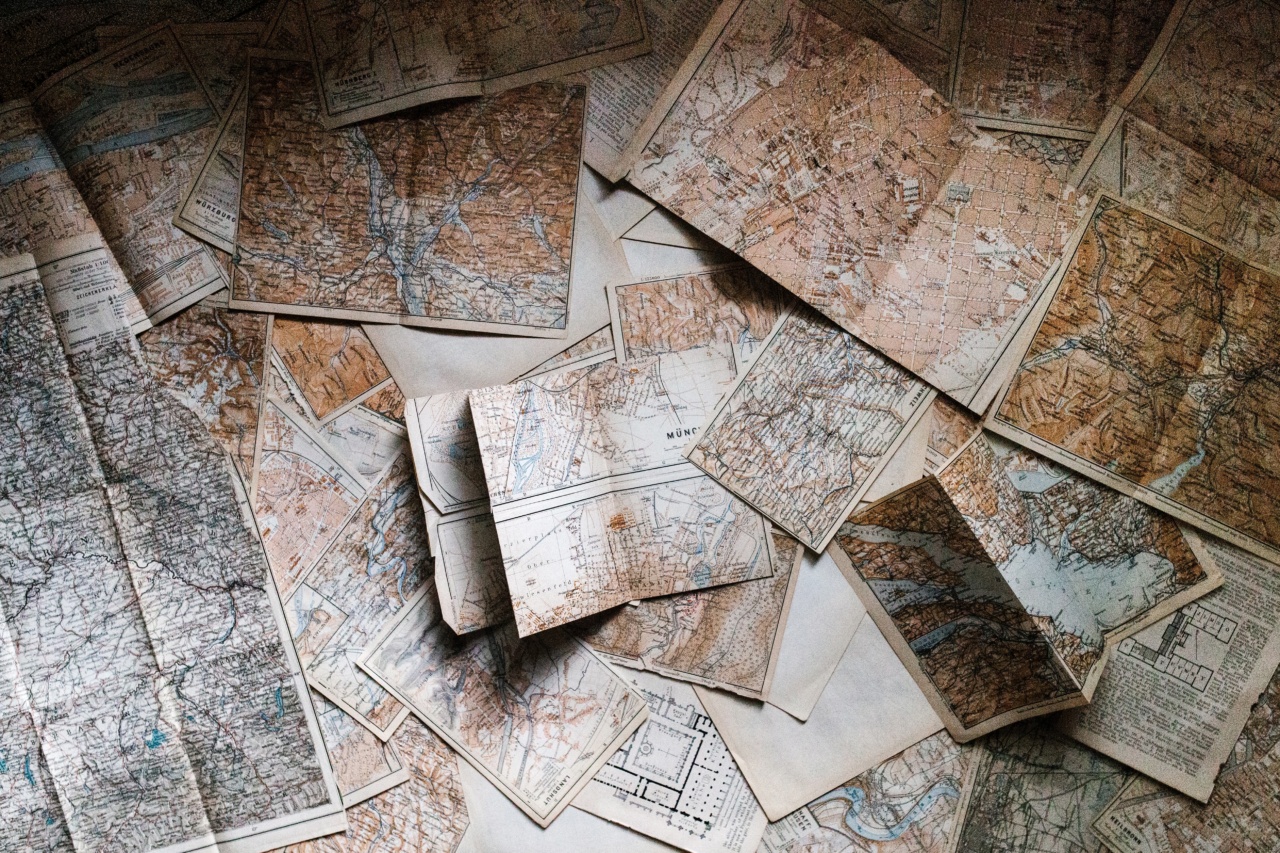Electrolytes are critical for the body’s proper functioning, but losing them happens frequently, particularly in hot temperatures or after intense physical activity.
Anyone can become dehydrated, and not replenishing quickly enough can lead to serious health problems like heart issues, kidney damage, and even death. In this guide, we will outline everything you need to know about replenishing lost electrolytes.
What are Electrolytes?
Electrolytes are important substances within our bodies that conduct essential processes, such as regulating nerve and muscle function, balancing fluids, and driving energy production.
These ions are derived from minerals in food and get dissolved in the bloodstream, helping to transport chemicals throughout the body’s cells. There are different types of electrolytes, including calcium, magnesium, potassium, sodium, chloride, and bicarbonate.
Why Do We Lose Electrolytes?
Electrolytes exit the body through sweat, urine, and feces. Therefore, excessive sweating, diarrhea, vomiting, and urination can result in losing these ions. This can happen through physical activity, warm weather, and dehydration.
In short, when you lose more fluids than you consume, you risk becoming low on electrolytes.
The Importance of Electrolyte Replenishment
When your body loses electrolytes, it struggles to support essential processes. Maintaining healthy electrolyte levels can impact your physical and mental health in several ways:.
- Preventing dehydration, heat stroke, and heat exhaustion.
- Boosting performance while exercising and prevents muscle cramps and fatigue.
- Curing migraines and balancing blood pressure and blood sugar levels.
Symptoms of Electrolyte Deficiency
If you have low electrolyte levels, your body may show various symptoms, including:.
- Dizziness, confusion, and fatigue.
- Chest pain and palpitations.
- Muscle weakness, twitching, or cramping.
- Headaches and migraines.
- Nausea, diarrhea, or vomiting.
- Lightheadedness or fainting.
Top Tips: How to Replenish Electrolytes
1. Drink Plenty of Water
By Drinking plenty of water, you can keep your body properly hydrated and combat electrolyte deficiencies effectively.
2. Take Electrolyte Supplements
If you’re looking for a quick and easy way to replenish lost electrolytes, you might try the supplement route. These supplements are available in various forms, including powders, tablets, drinks, and packets.
3. Eat Electrolyte-Rich Foods
You can also find many foods packed with electrolytes, including:.
- Leafy greens and herbs
- Bananas and avocados
- Potatoes and sweet potatoes
- Tomatoes and bell peppers
- Fruits like strawberries, watermelon, and oranges
- Citrus juices like orange or grapefruit juice
- Nuts and seeds
- Salmon and other fatty fish
4. Drink Sports Drinks
Sports drinks are a popular way to replenish electrolytes quickly. These drinks consist of water, sugar, and electrolytes.
It’s worth noting that these drinks may contain high levels of sugar, so be mindful of this if you are trying to cut back on sugar intake.
5. Stay Cool
Sweating happens more excessively under hot conditions. So, stay in an air-conditioned environment, cool shower, or access to a pool to keep your body temperature stable and inhibit excessive sweating.
6. Get Enough Rest
You require energy to stay active and complete essential electrolyte reactions. Resting al fine sufficient time can reduce your body’s stress level and reduce the risk of exhausting electrolytes.
Conclusion
Electrolyte deficiencies can cause various health problems, and it’s crucial to understand and maintain the appropriate levels of these essential minerals in the body.
Replenishing lost electrolytes involves a combination of drinking water, eating electrolyte-rich vegetables and fruits, staying cool, and taking supplements or sports drinks if needed. Be mindful of the symptoms of electrolyte deficiency and take the necessary proactive steps to keep your levels replenished.































